The Basics of Delta 9 THC
Delta 9 Tetrahydrocannabinol (THC) is the primary psychoactive component of cannabis. It is one of over 100 cannabinoids found in the plant and is responsible for the “high” that users experience when consuming cannabis. When consumed, Delta 9 THC binds to cannabinoid receptors in the brain and body, resulting in various physiological and psychological effects.
How Delta 9 THC Works in the Body
Delta 9 THC interacts with the endocannabinoid system, a complex network of receptors and neurotransmitters that play a key role in regulating various physiological processes such as mood, memory, appetite, and pain sensation. When Delta 9 THC binds to cannabinoid receptors in the brain and body, it disrupts the normal functioning of these processes, resulting in the characteristic effects of being high.
Medical Uses of Delta 9 THC
Delta 9 THC has been studied for its potential medical benefits in treating various conditions such as chronic pain, nausea, and vomiting associated with chemotherapy, and muscle spasticity in conditions like multiple sclerosis. Some states have legalized the medical use of cannabis products containing Delta 9 THC for these and other medical conditions.
Potential Side Effects of Delta 9 THC
While Delta 9 THC can have therapeutic effects, it can also cause side effects such as increased heart rate, dry mouth, red eyes, impaired motor coordination, and memory impairment. Prolonged and heavy use of Delta 9 THC can also lead to addiction and other negative consequences on mental and physical health.
Legality of Delta 9 THC
The legal status of Delta 9 THC varies from country to country and state to state within the United States. In some places, it is strictly regulated or illegal, while in others, it is legal for both recreational and medical use. It is important to be aware of the laws and regulations regarding Delta 9 THC in your jurisdiction before using it.
Conclusion
In conclusion, Delta 9 THC is a potent psychoactive compound found in cannabis that can have both therapeutic and recreational effects. It works by interacting with the endocannabinoid system in the body, resulting in a range of physiological and psychological effects. While it has potential medical benefits, it also carries risks, especially with prolonged and heavy use. It is important to be informed about the science behind Delta 9 THC and to use it responsibly and legally.
FAQs
Is Delta 9 THC the same as CBD?
No, Delta 9 THC and CBD (cannabidiol) are two different cannabinoids found in cannabis with different effects. While Delta 9 THC is psychoactive and can cause a high, CBD is non-psychoactive and is often used for its potential therapeutic benefits without the high.
Can Delta 9 THC be addictive?
Yes, Delta 9 THC can be addictive, especially with prolonged and heavy use. It can lead to dependence, tolerance, and withdrawal symptoms when use is stopped. It is important to use Delta 9 THC responsibly and in moderation.
Is Delta 9 THC legal in all states?
No, the legality of Delta 9 THC varies from state to state within the United States. Some states have legalized it for recreational and/or medical use, while others have strict regulations or have banned it altogether. It is important to be aware of the laws in your jurisdiction regarding Delta 9 THC.

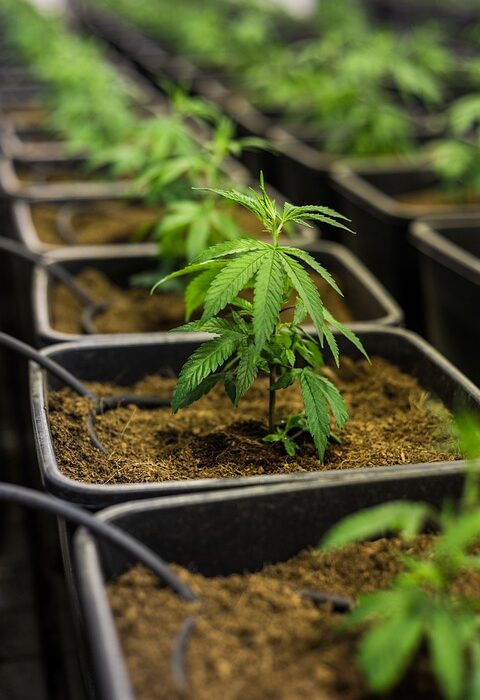
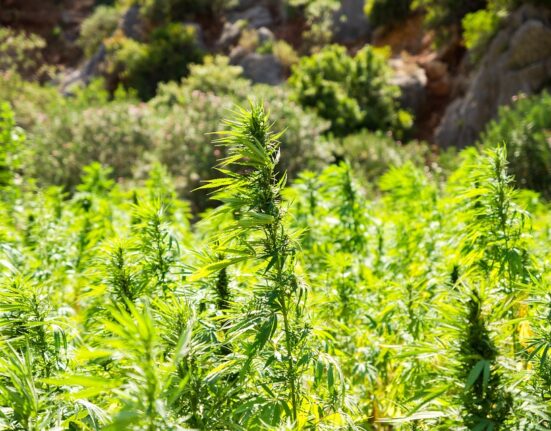
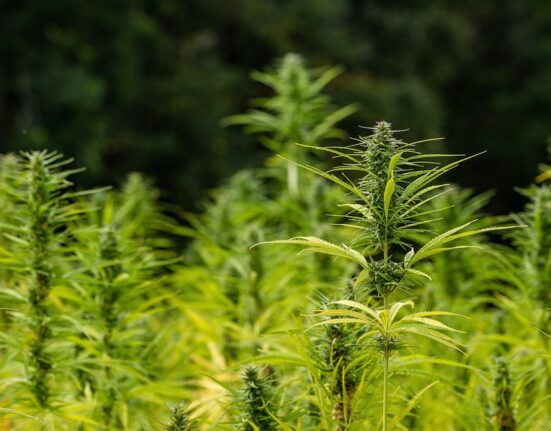
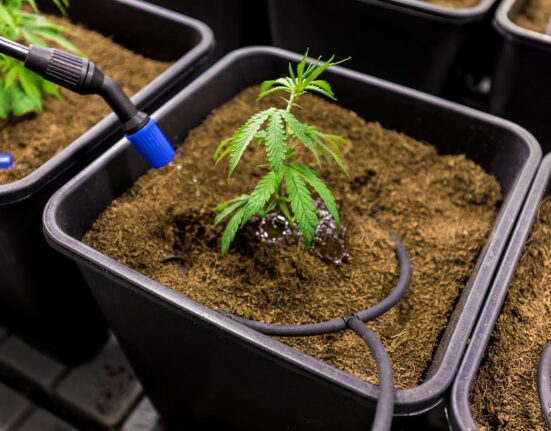
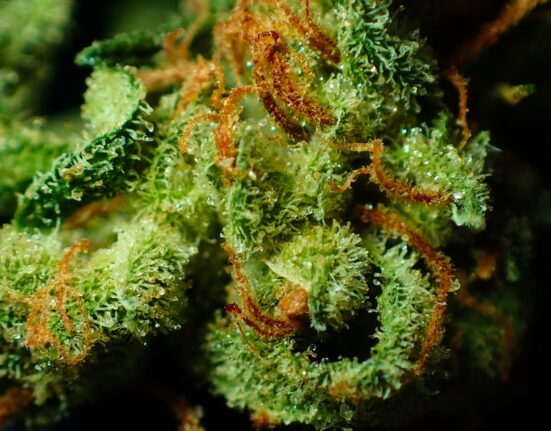
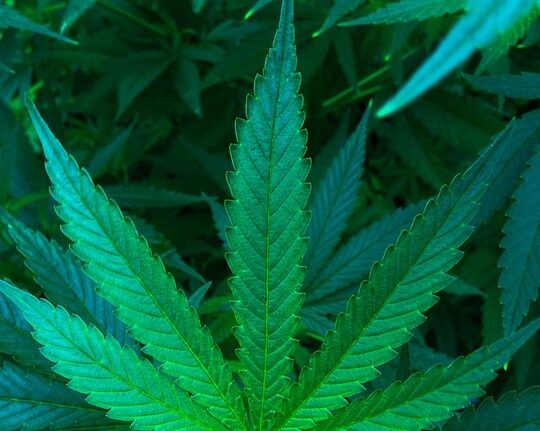
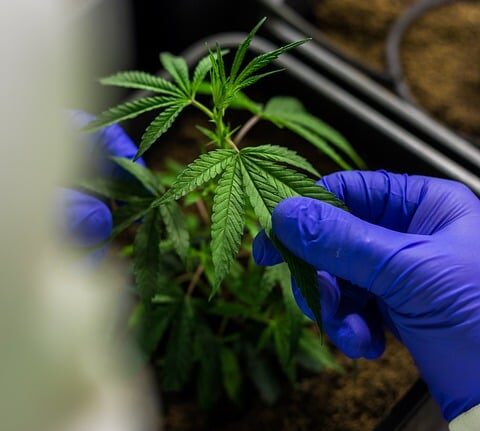
Leave feedback about this